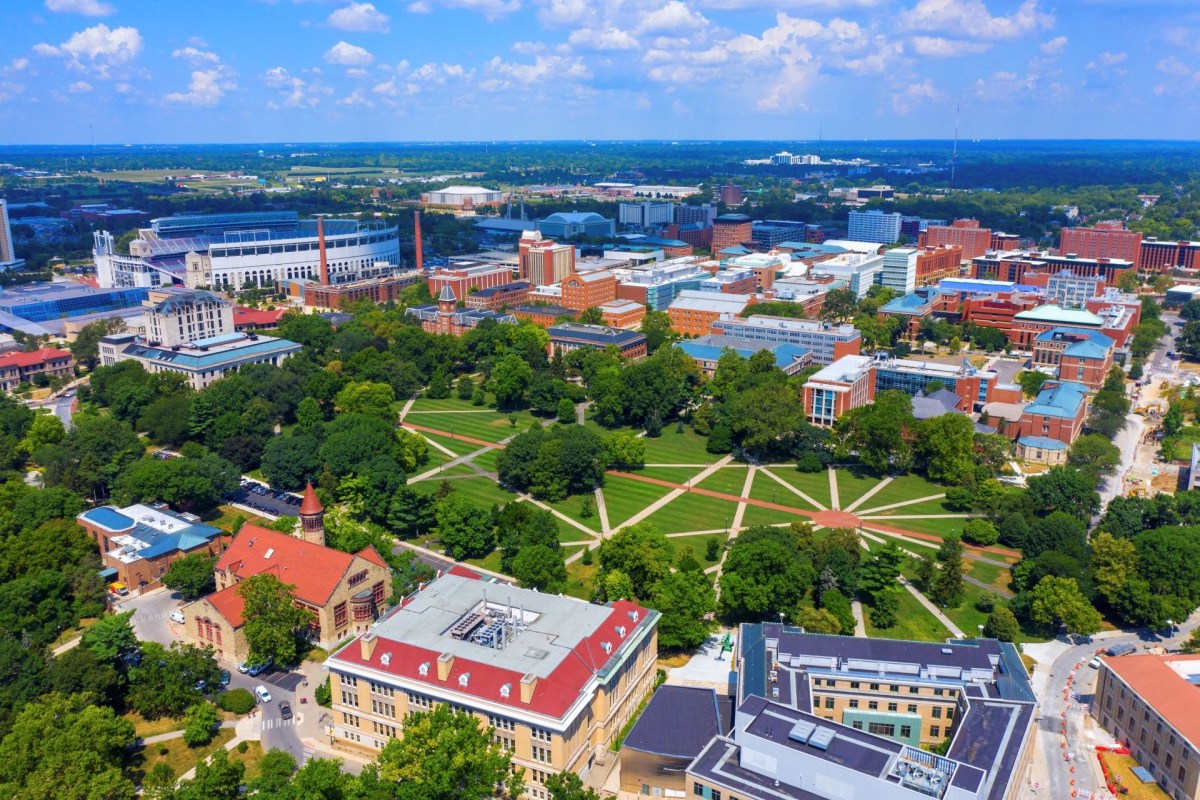Ohio University's composting program is truly impressive.
In 2009, it became the university with the largest in-vessel compost facility in the U.S., according to its website. And today, the university's uber-successful composting program is estimated to save the school over $30,000 annually, The Washington Post reports.
The program collects food being thrown away in university dining halls and landscape waste from campus upkeep. Those materials are introduced to microorganisms, which begin breaking down the waste. The material is then put into an enclosed environment where temperatures, moisture level, and airflow are monitored for two weeks.
From there, the compost is taken out of the vessel and allowed to sit for three to four months, where it finally turns into nutrient-rich soil used across the campus in landscaping and on athletic fields, shared with the local school district, and even sold to the public.
This may seem like a pretty extensive process, but the university has it down to a fine science. The school composts around 612 tons of waste each year — about the same weight as 102 full-grown male elephants, according to The Washington Post's reporting.
"It's the right thing to do; food waste going towards composting is much better than going to a landfill," Steve Mack, the university's director of facilities management, told The Washington Post. "We've taken what was a waste stream and turned it into a resource."
Each year in the U.S., around one-third of all food ends up in the trash — the equivalent of about 119 billion pounds. And all that waste isn't just lying around doing nothing. Decomposing food in landfills produces planet-warming carbon and methane. Eliminating food waste from landfills could eliminate an estimated 6 to 8% of human-generated air-polluting gases.
If you're interested in following in the university's footsteps, composting in your own home can be as easy as the push of a button. Places like Instagram and Reddit also host a wealth of knowledge about how to compost at home, as social media is abuzz with praise for the money-saving process.
Join our free newsletter for cool news and actionable info that makes it easy to help yourself while helping the planet.









